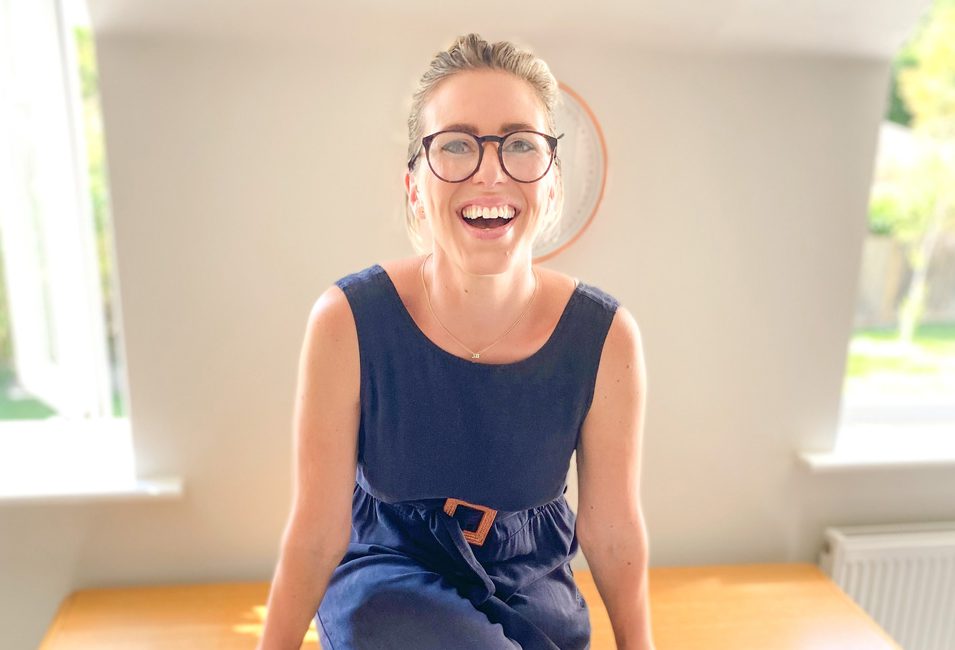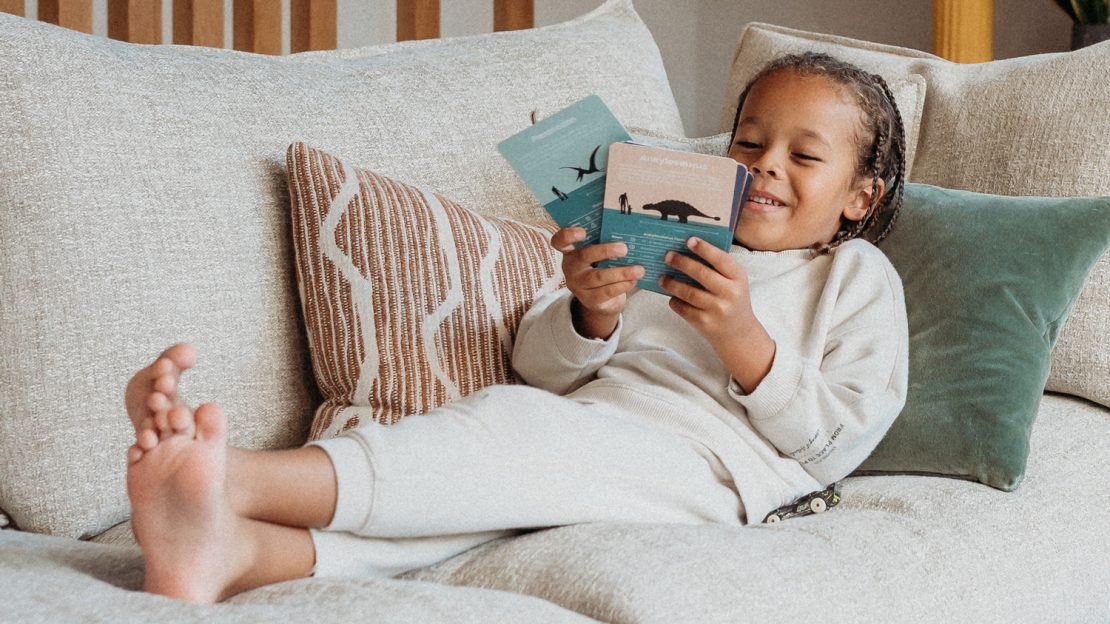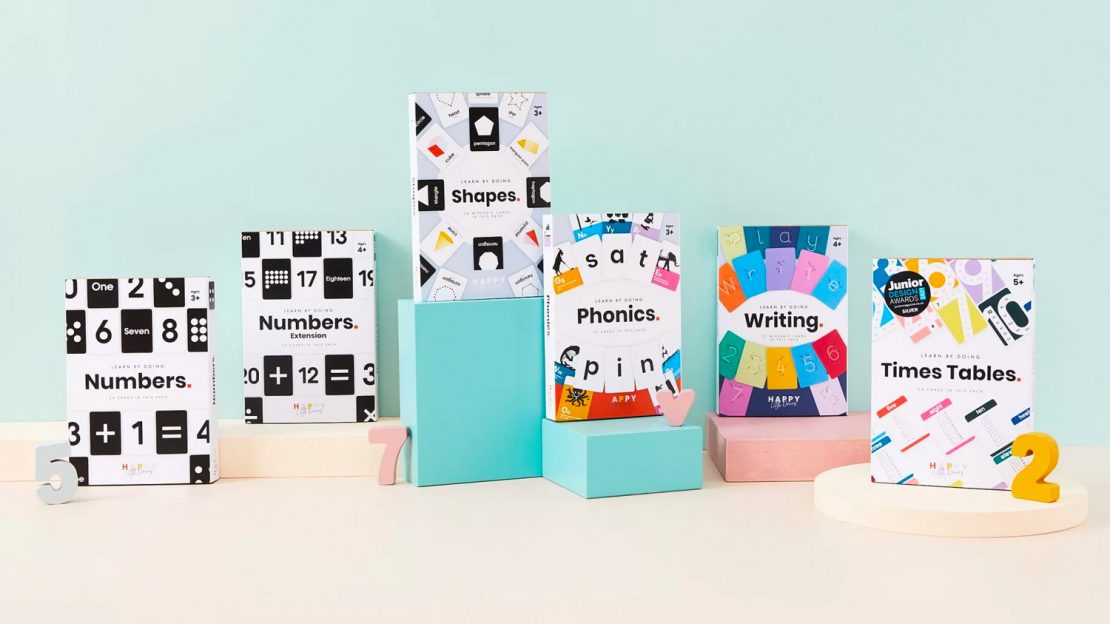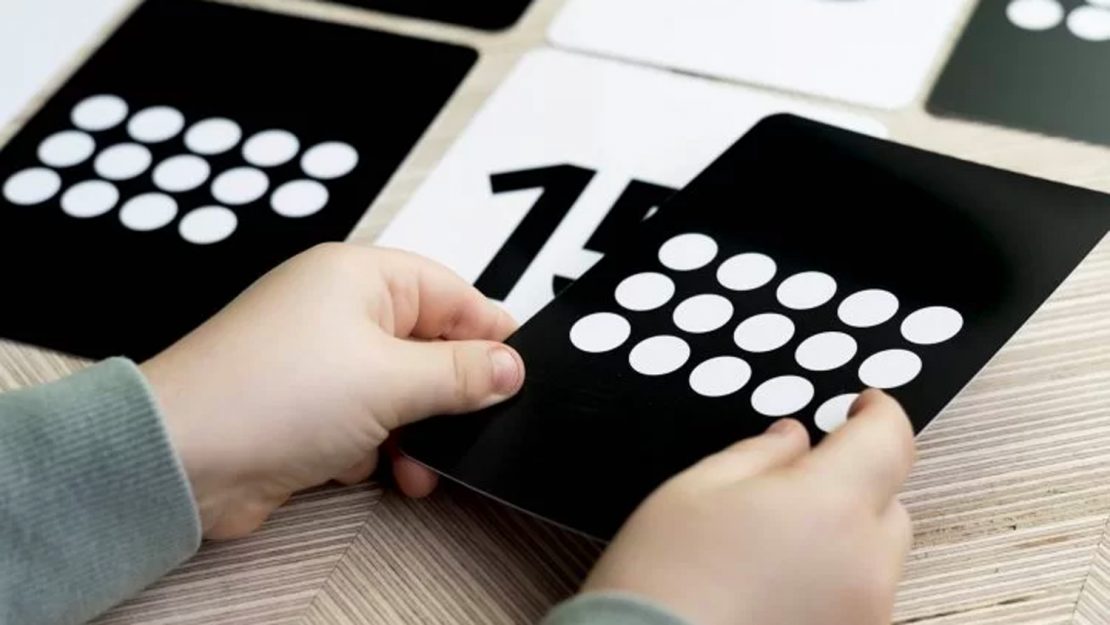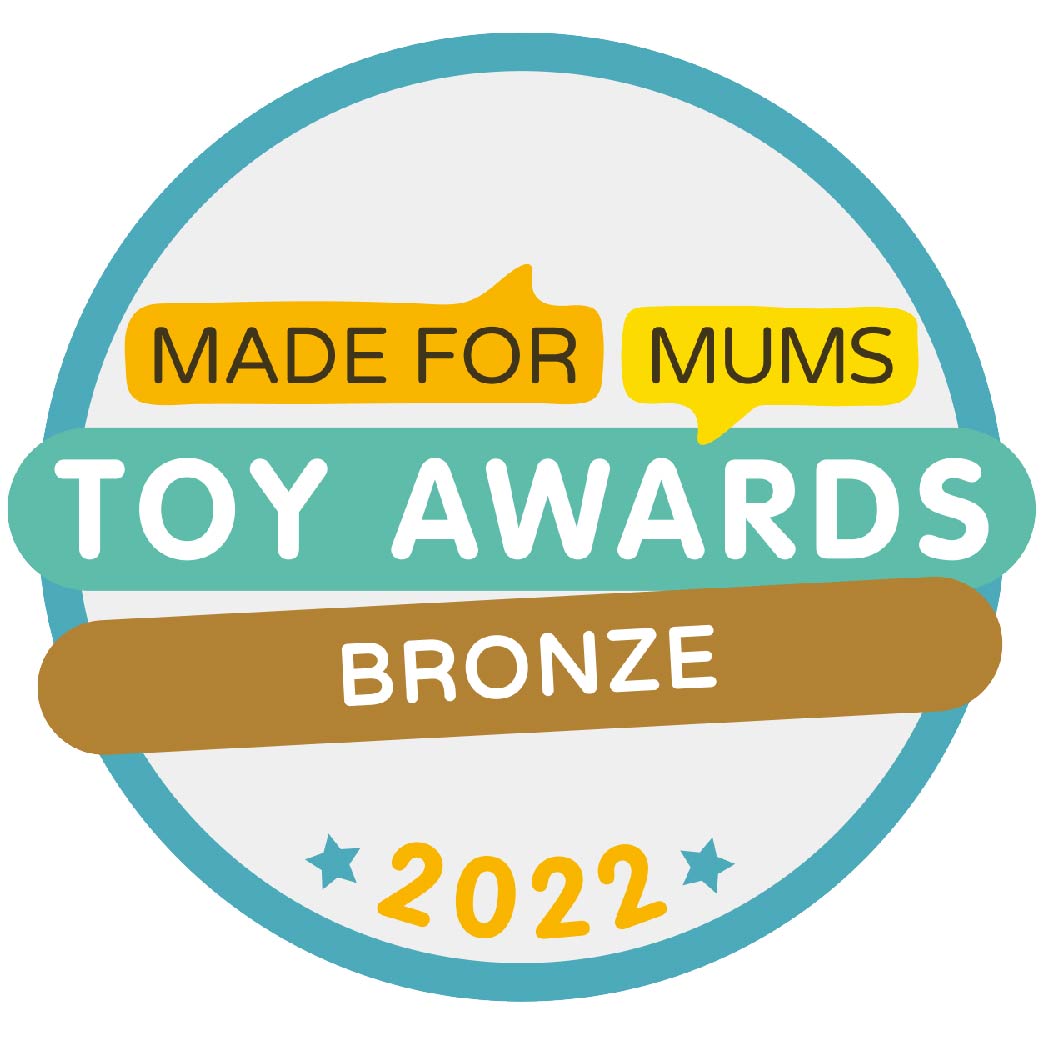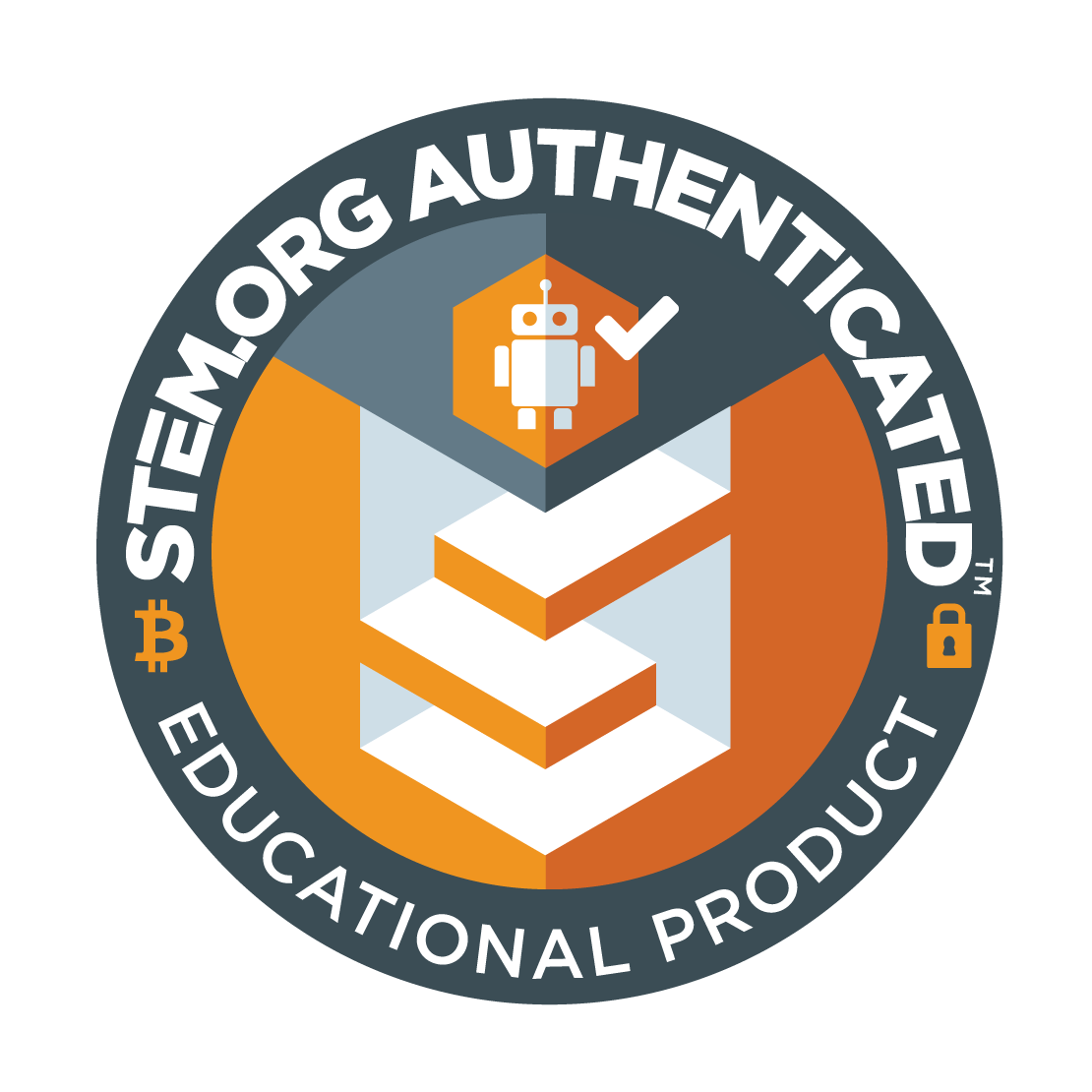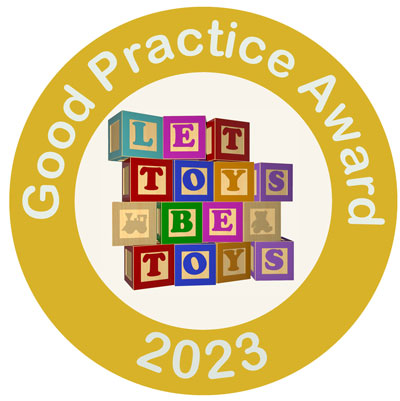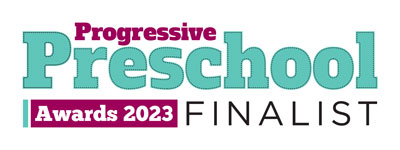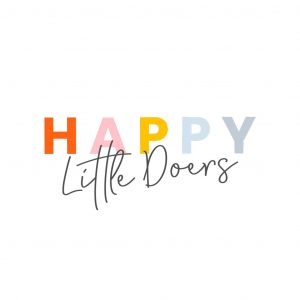With the advent of half-term, Happy Little Doers and Arlo & Jacob have teamed up for the first time to create a competition, designed to reward one winner with 2 fantastic prizes. As part of the event, Arlo & Jacob interviewed Happy Little Doers founder, Kate Stott, to find out more about how the business started and plans ahead.
March 2020 saw the arrival of the global pandemic and peoples lives were thrown into disarray. People could no longer commute to offices; shops became inaccessible; schools and nurseries shut down. It was the start of over a year living and working from home. In our home, we had our son Billy, who was 2.5 years old at the time, and our daughter Lara, who was 1 year old. I was on furlough, supporting our family by looking after the kids.
During this time, my husband Ollie and I were concerned that our son was at particular risk, not being in a social environment or exposed to lots of opportunities to learn. The risk of exposing him to too much screen time was also a worry. So each day, like every parent, we tried to think about ways of helping to entertain our kids – especially when our daughter was napping!
On one of these occasions, we were playing a game with numbers. I wrote number digits on scraps of paper and dots on other pieces of paper. We played a game where Billy had to match the number of dots to the corresponding number. The following day, Billy turned around to me in the morning and said ‘Mummy, can we play that number game again?’. We continued to play with the scraps of paper so much that they became torn and crumpled very quickly and that was the lightbulb moment. From a simple game of numbers, our Number Flashcards was born and we started to sell them in July 2020 to other parents during the pandemic.
Is there a guiding mission that drives what you do?
Yes – our mission is to encourage kids to reach their full potential by helping them discover their favourite way of learning through play. Kids learn in four different ways – visual, audible, tactile and kinaesthetic. So our job is to help both parents and children work out what their favourite way is, by creating fun activities that can be used with our cards.
What’s been the most fun part of creating the Happy Little Doers range?
The most fun has 100% been receiving the feedback and seeing some of the amazing developments that are happening not only with our kids but around the world. Our goal was simply to help parents/carers educate their children from home, but the results that we see have been incredible – to the point where they are being introduced into professional early years settings worldwide. We are really proud of the ranges that we have created and will continue to create new fun and engaging products with a difference.
There’s a strong educational element to your products. What sort of areas do you aim to help kids learn in? Why have you chosen those in particular?
We specialise in early years development – which is all inspired by our kids who are now 3.5 and 5 years old. With our children continuing to learn, everything that we do has an element of development – whether it is learning a topic or building a skill. When we started, we wanted to ensure that our children would not fall behind with their learning. Even two years later, we are still seeing the knock-on effect that the restrictions during the pandemic had on young children and their social and educational development. Whether it is lack of physical and social interaction that has reduced confidence, excess screen time that has affected concentration and focus or lack of exposure to essential skills that has delayed the development of basic skills such as reading and writing. This is why we focus on early years development.
Have you got any tips for keeping kids engaged and curious (and hopefully off screens!)?
A lot of research goes into each and every one of our products. There are three key areas that we live by that we recommend to encourage kids to be engaged, curious and confident.
Firstly, identify which way your child learns best. As mentioned there are four ways that children learn – visual, auditory, tactile and kinaesthetic. Visual learners understand and remember things by seeing. Auditory learners learn by listening and having things explained out loud to them. Tactile learners learn through touch and feel. Whereas Kinaesthetic learners learn through doing and moving (so great for active kids!).
The next is to tailor the activities to the right attention span. One of the most common faults is where activities are too long. Children can become disinterested, frustrated and ultimately dislike doing something that, if it was done right, they would enjoy. For example, from the ages of 2 to 3, children on average have an attention span of 6 to 8 minutes. Whereas just 2 years later a child between 4 and 5 years old will have an attention span between 12 and 25 minutes.
Finally, allow children to lead. Giving a child the ability to lead has so many fantastic benefits. They build confidence and grow independent by making decisions for themselves. It encourages creativity but it also allows them the opportunity to show you as a parent all of the discoveries they have made.
How would you like to see Happy Little Doers continue to grow in the future?
We’re incredibly fortunate with what we’ve achieved with Happy Little Doers so far. We’re still a young company and we still have lots of ideas. We have already expanded our range to include games, which we won two awards for during the last month and we plan to extend this range in the future.
We would love to see our educational flashcard range integrated within early years settings, both in the UK and worldwide. Whether it’s in nurseries, pre-schools and schools or at home.
Read the original article here.
